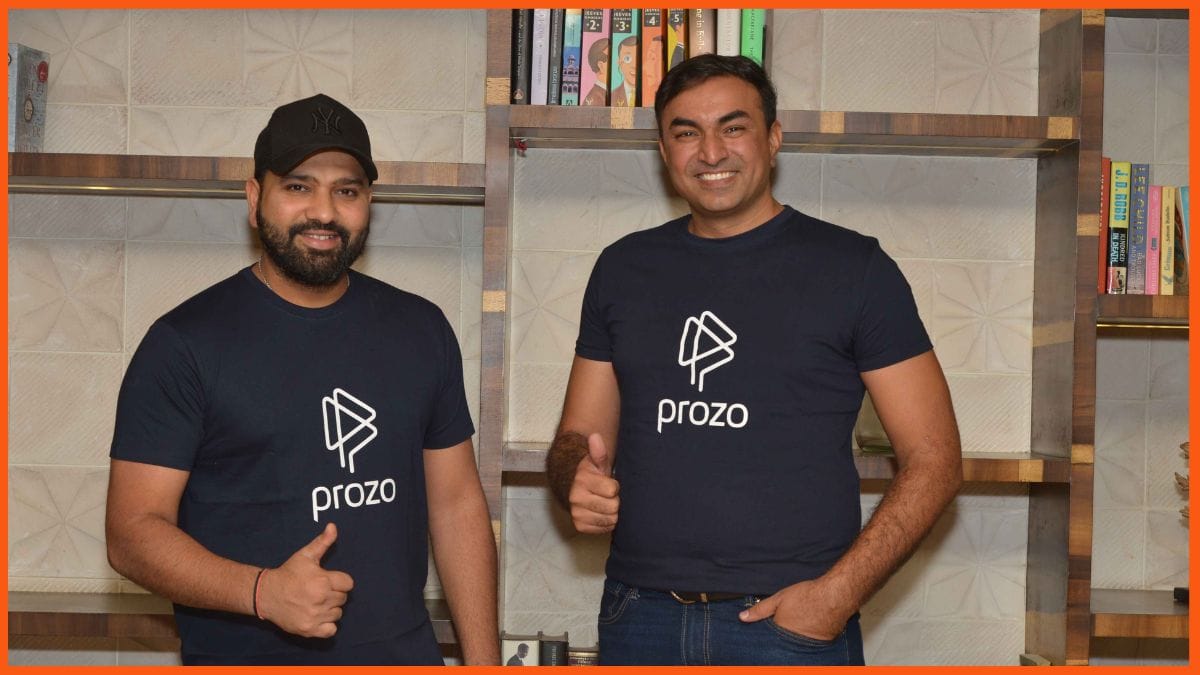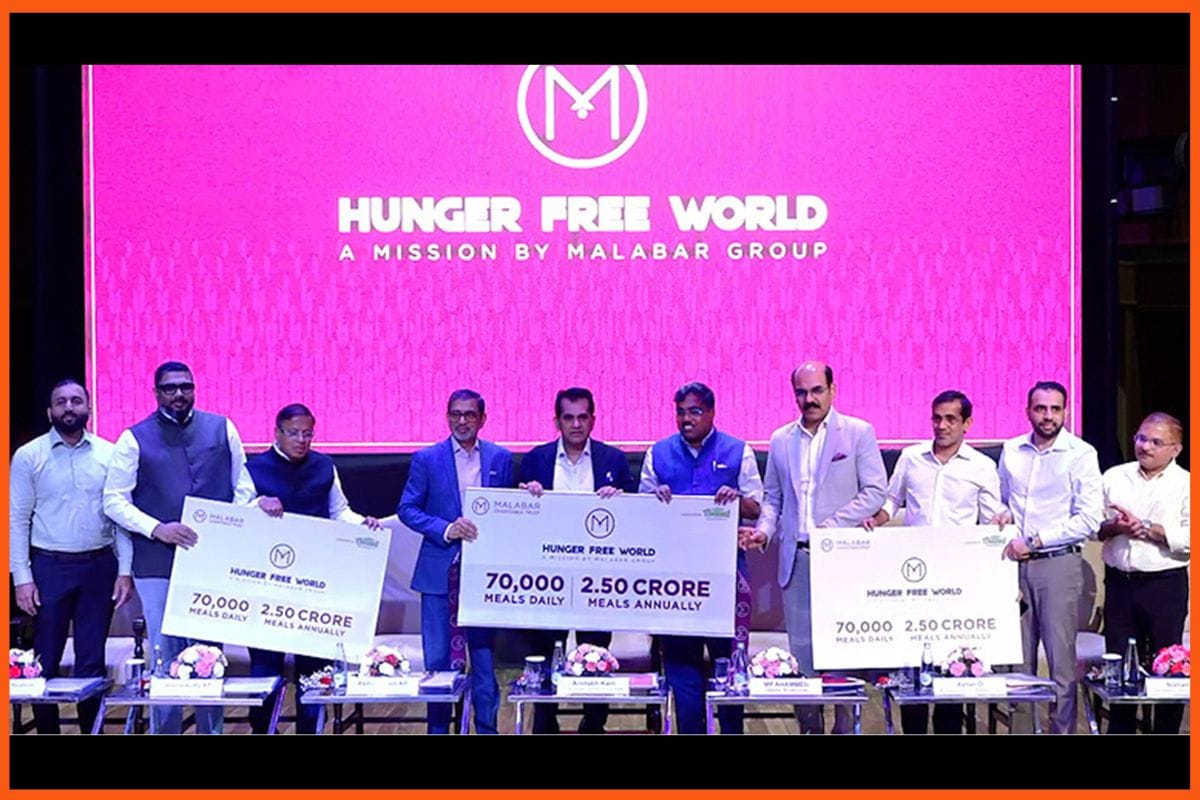As the pilot of the SpaceX Dragon spacecraft launched for the highly anticipated Axiom 4 mission to reach the International Space Station (ISS), Indian Air Force Group Captain Shubhanshu Shukla has written history. After several delays, the liftoff occurred on June 25 at 12:01 p.m.
Following the renowned Indian astronaut Rakesh Sharma, Shukla is the first person to visit the ISS in the past four decades. In 1984, Sharma was a member of the Salyut-7 space station, which was then owned by the Soviet Union, and spent eight days in orbit.
Shukla, an Indian Space Research Organisation (ISRO) astronaut, is joined by mission specialists Slawosz Uznanski-Wisniewski of Poland and Tibor Kapu of Hungary, as well as former NASA astronaut and mission commander Peggy Whitson. Poland and Hungary will also be returning to space with the Axiom 4 mission, in addition to India.
Mission Might Inspire Many Young Space Enthusiast- Shukla
Shubhanshu Shukla, a native of Lucknow, Uttar Pradesh, expressed his hope that the mission will motivate a whole generation of youth before departing for a historic voyage to the International Space Station (ISS), much like the first Indian to travel into space, Rakesh Sharma, did in the past.
The journey has been incredible, Shukla said. A person might truly sense that he is becoming a part of something far bigger than himself during these moments. He can only express how incredibly lucky he is to be involved in this.
Through his quest, he sincerely hopes to motivate a whole generation back in the nation. He wants to take advantage of this chance to encourage children’s curiosity.
His narrative would be a big success even if it only changed one person’s life. He went on to say that the way this worked out for him was that he probably found out he was travelling to Axiom about a week before he really arrived.
He was very happy to be here. This gave him the chance to actually fly to space, which made him extremely delighted.
Shukla’s ‘Skyful’ Experience
Shukla, one of the four astronauts selected for ISRO’s Gaganyaan mission, was born in Lucknow, the capital of Uttar Pradesh, on October 10, 1985.
In June 2006, Shukla received his commission in the IAF jet wing. He has 2,000 hours of flight experience in a variety of aircraft, including the Su-30 MKI, MiG-21, MiG-29, Jaguar, Hawk, Dornier, and An-32. He is a combat leader and seasoned test pilot.
Shukla started a year-long rigorous training programme at the Yuri Gagarin Cosmonaut Training Centre in Star City, Moscow, in 2019 to refine the talents that would define his destiny, according to a news agency.
He was announced by Prime Minister Narendra Modi on February 27, 2024, as one of India’s top astronauts training for Gaganyaan, the country’s first crewed spaceflight scheduled to launch in 2025.





